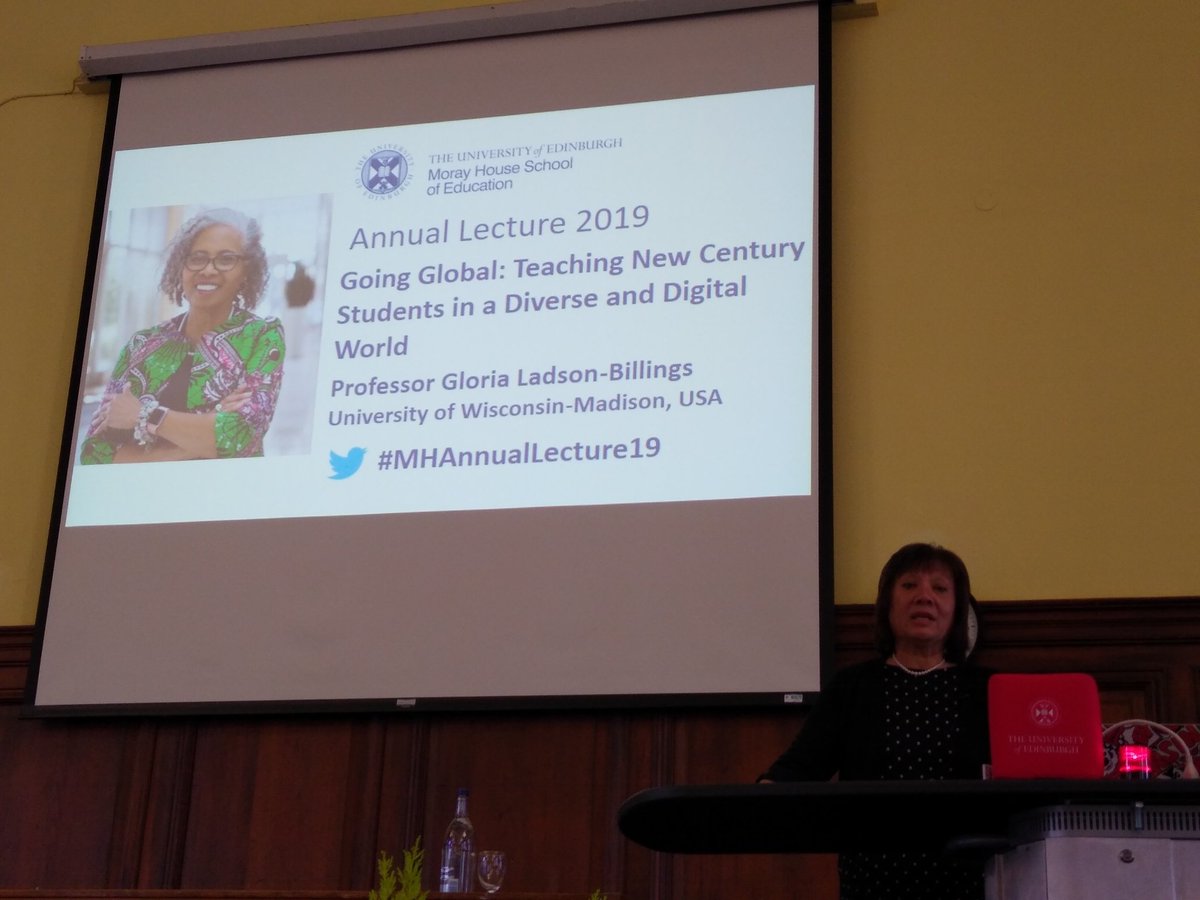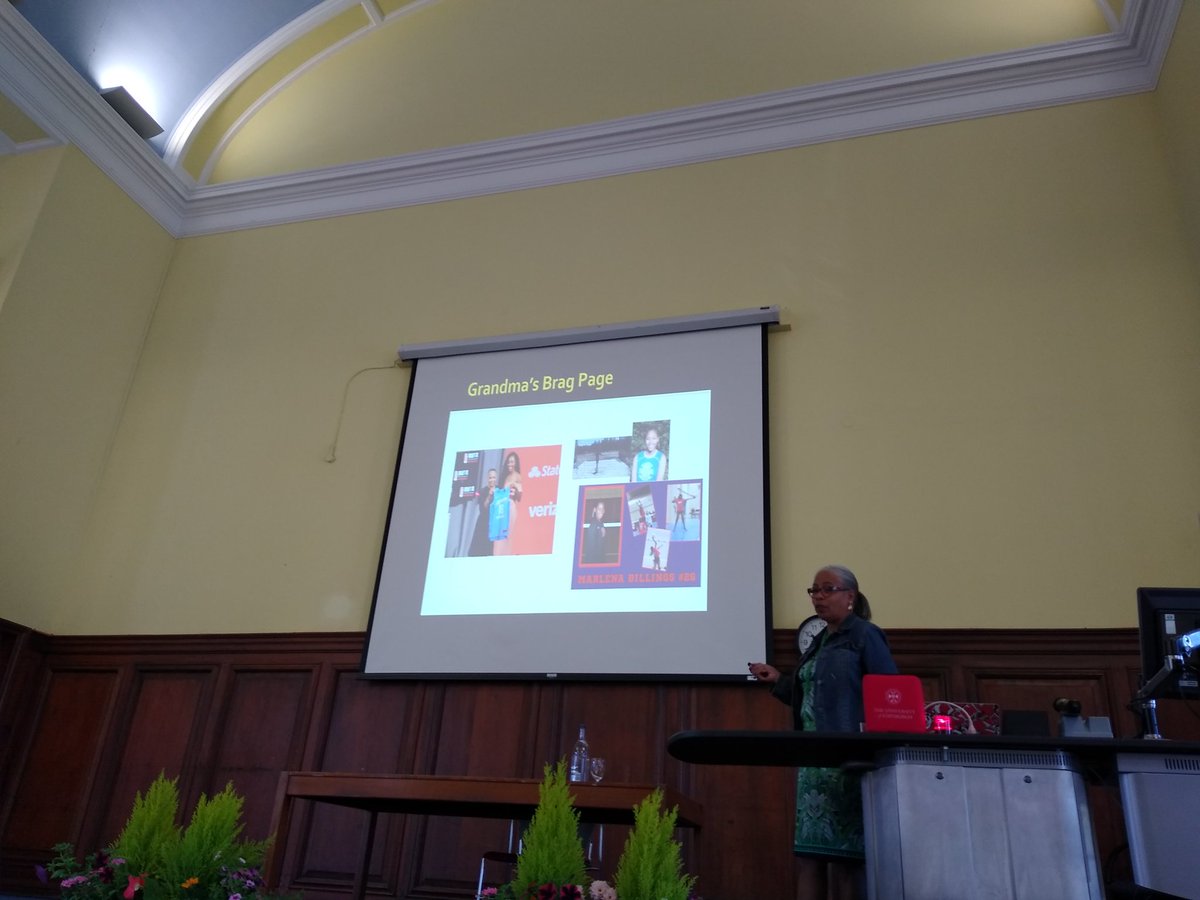Between them they've each logged millions of miles, written scores of papers, trained a new generation of students, and transformed many poor communities.
They took what we've learned about market failure, about behavioral economics, and the lives of the poor, to design new policies that might help.
Then they tested them.
Governments around the world talk about evidence-based policy; these three live it.
A string of incremental improvements beats a magic cure that may not work
I think a lot of use saw a development econ Nobel coming at some point. But these guys are still young, and their revolution is still in progress.
Esther was just a couple of years ahead of me in graduate school. Michael was the young hotshot just hired at Harvard when I was a grad student there.
It's about a big and important question—how to alleviate poverty in poor countries.
It recognizes a methodological revolution—experiment, process the evidence, and iterate.
And it goes to a trio who are extraordinary economists with wonderful people.









